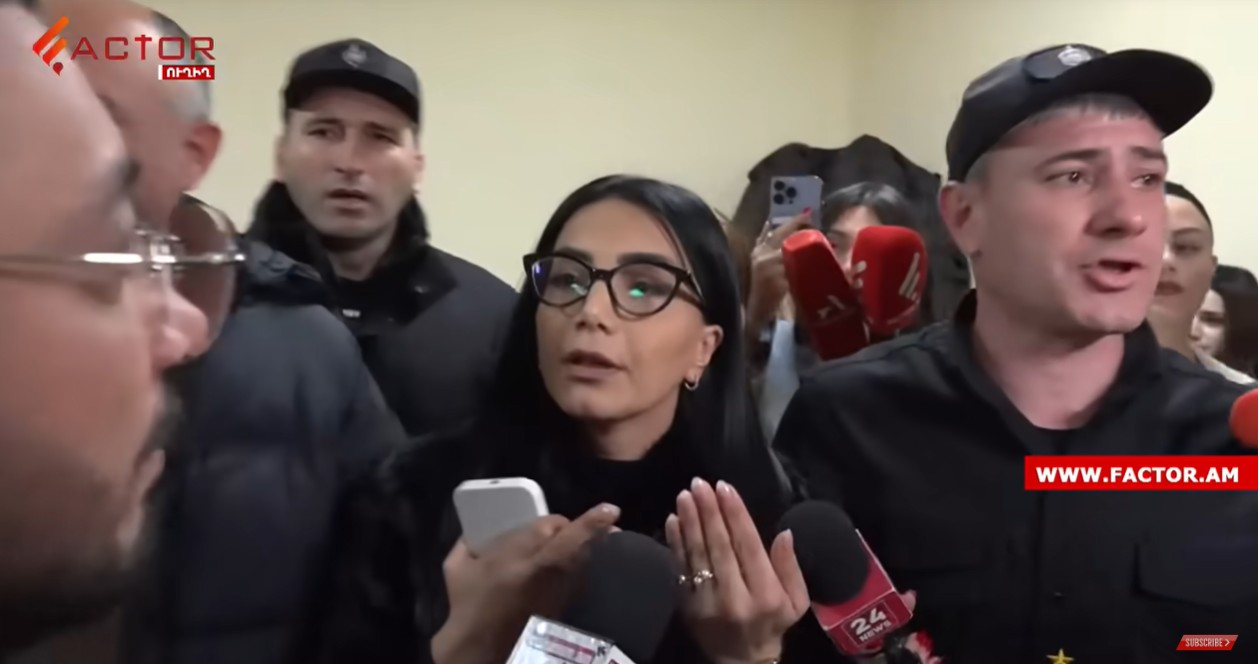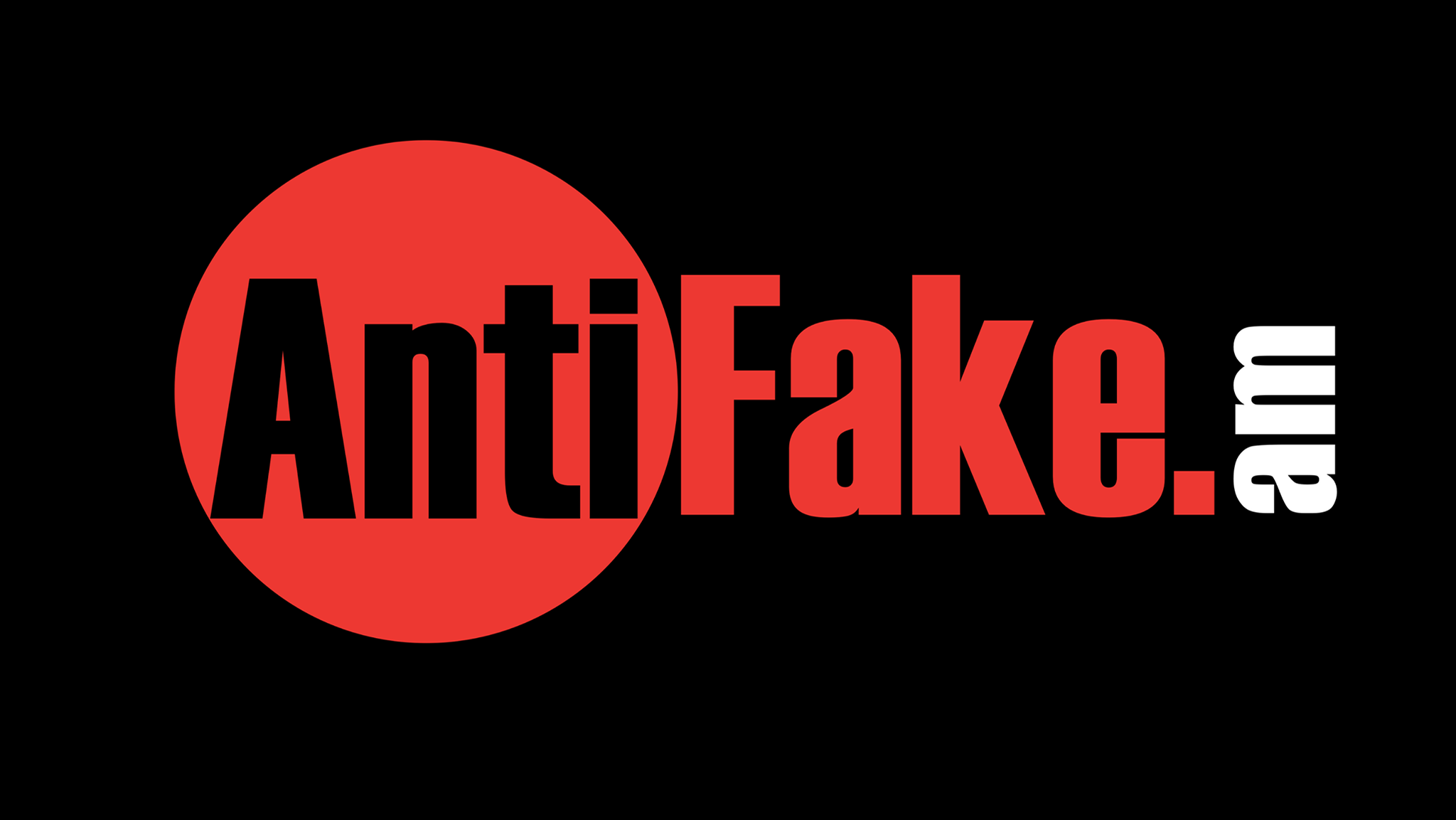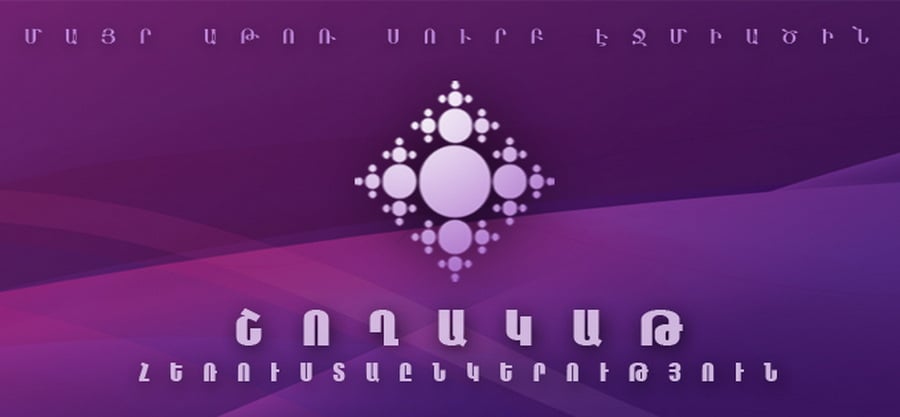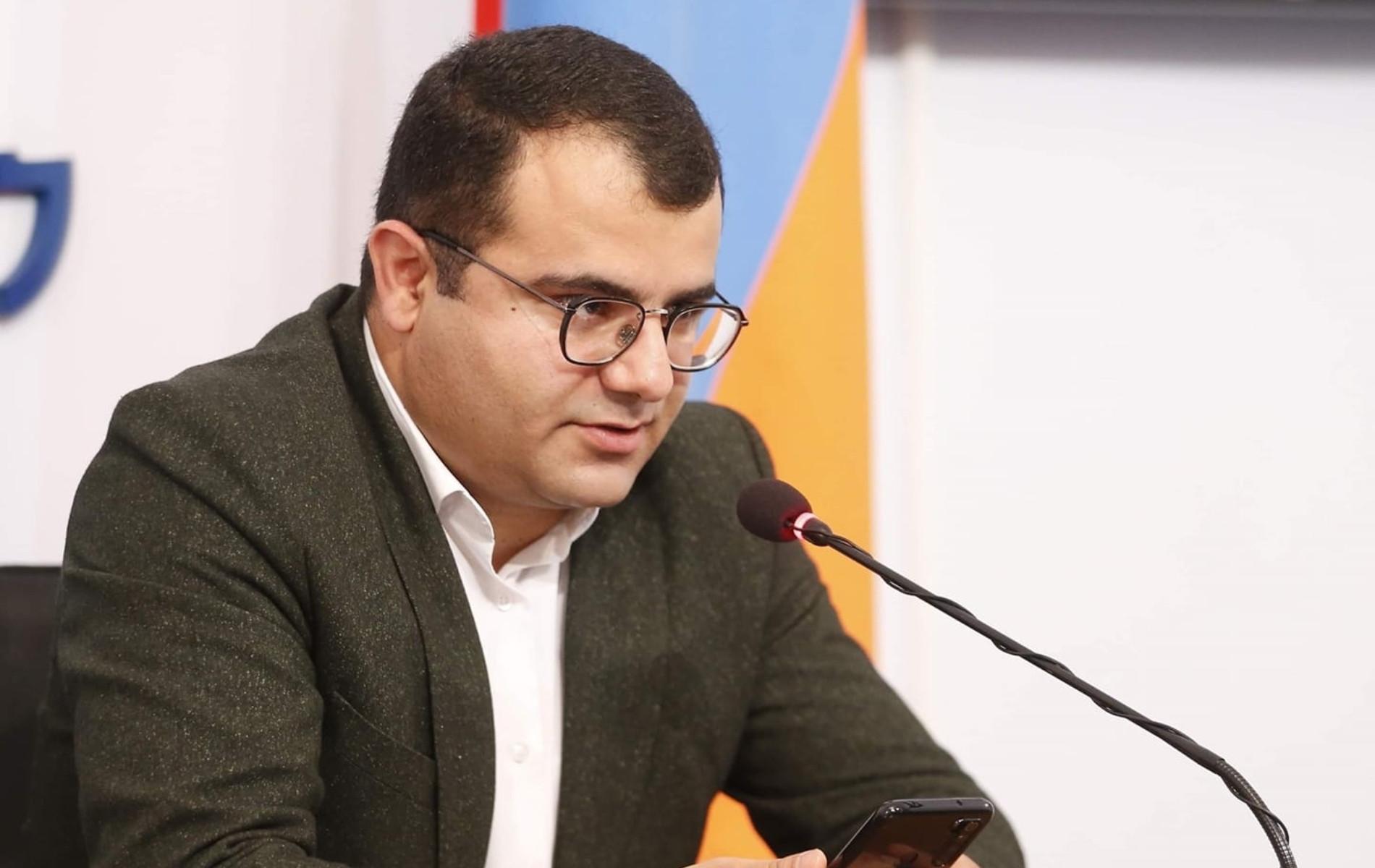June 20, 2022, Yerevan
June 21, 2022 is the deadline for the presentation of the draft law on making amendments and supplements to the Law “On Audiovisual Media” and adjacent laws, published on the official e-draft.am platform. As a matter of fact, this document has not received proper attention. So far, it has got 0 votes for and 0 against. Meanwhile, this legislative initiative authored by the RA Ministry of High-Tech Industry in partnership with the Commission on Television and Radio, the Council of the Public Broadcaster and the “Union of Operators of Armenia” NGO has caused deep concern among more than a dozen specialized journalistic organizations, both in terms of the content of the draft law, and the process of its development and presentation.
First of all, it is at least puzzling that the initiation and discussion of the idea of making such extensive changes and supplements to the RA Law “On Audiovisual Media” and the development of the draft itself were held without the knowledge and active engagement of the profile committee of the National Assembly. This is especially incomprehensible, given the fact that with this initiative changes are envisaged not only in the above-mentioned law, but also in 7 other laws related to the field, including the main law “On Mass Communication”, which regulates the activities of media.
Added to that, the process has not in any way engaged journalistic NGOs, among which there are organizations that have been dealing with broadcasting issues for decades, have conducted numerous researches, have studied international experience, have developed analyses, recommendations and draft laws.
Finally, it is unacceptable, for example, to include provisions related to journalistic ethics in the draft law without consulting the organizations that are the initiators and advocates of the development of the professional code of ethics and introduction of media self-regulation in Armenia. In general, there are so many content-related defects and omissions in the draft law that it is not possible to address them within this statement. Nevertheless, let us mention a few: in particular, it is not clear why part 4 of paragraph 5 of Article 1 is removed from the Law “On Audiovisual Media”, which, in fact, excludes from regulations the TV companies using private multiplex slots. Is it because the authors of the draft law are sure that no private network of terrestrial digital broadcasting will be formed and operate in the country? Or, when there is a compulsion to clearly separate facts from opinions in TV programs, which is primarily a self-regulation issue, will the CTR be able to identify all violations of this requirement from the enormous information flow and hold their authors accountable? Of course not. It opens up wide opportunities for subjectivity, arbitrariness and selective approaches, which is unacceptable. The same can be said about the requirement to publish only reliable facts. Let us once again note that there are a number of such provisions.
The development and presentation of the above-mentioned draft law, along with its content, also contradict a key process initiated by the RA NA Standing Committee on Science, Education, Culture, Diaspora, Youth and Sport, the RA Ministry of Justice and 11 journalistic organizations, according to which joint efforts should be made to prepare a concept of information field development and media legislation reforms, and the fundamental principles included in that document should serve the development and adoption of new laws complying with contemporary international norms. A tripartite Memorandum of Cooperation in this regard was signed on April 19, 2022.
It is apparent that without a comprehensive concept, such extensive legislative changes are pointless and inefficient, moreover, they will continue the vicious practice of patching gaps in media legislation.
Based on the above-mentioned, we call on:
– the HTI Ministry to revoke the package of draft laws submitted on the official e-draft.am platform, to hold professional open discussions with interested state and public organizations aimed at improving the legislative regulations of the broadcasting sector;
– the RA NA Standing Committee on Science, Education, Culture, Diaspora, Youth and Sport and the Ministry of Justice, while sticking to the provisions of the Memorandum of Cooperation with journalistic organizations, to work with the HTI Ministry, so that the implementation of the proposed changes in the Law “On Audiovisual Media” be in compliance with the processes envisaged by the Memorandum, in line with the principles of the concept currently under development.
COMMITTEE TO PROTECT FREEDOM OF EXPRESSION
YEREVAN PRESS CLUB
MEDIA INITIATIVES CENTER
JOURNALISTS’ CLUB “ASPAREZ”
FREEDOM OF INFORMATION CENTER
MEDIA DIVERSITY INSTITUTE-ARMENIA
PUBLIC JOURNALISM CLUB
“JOURNALISTS FOR THE FUTURE” NGO
“JOURNALISTS FOR HUMAN RIGHTS” NGO
GORIS PRESS CLUB
“FEMIDA” NGO









